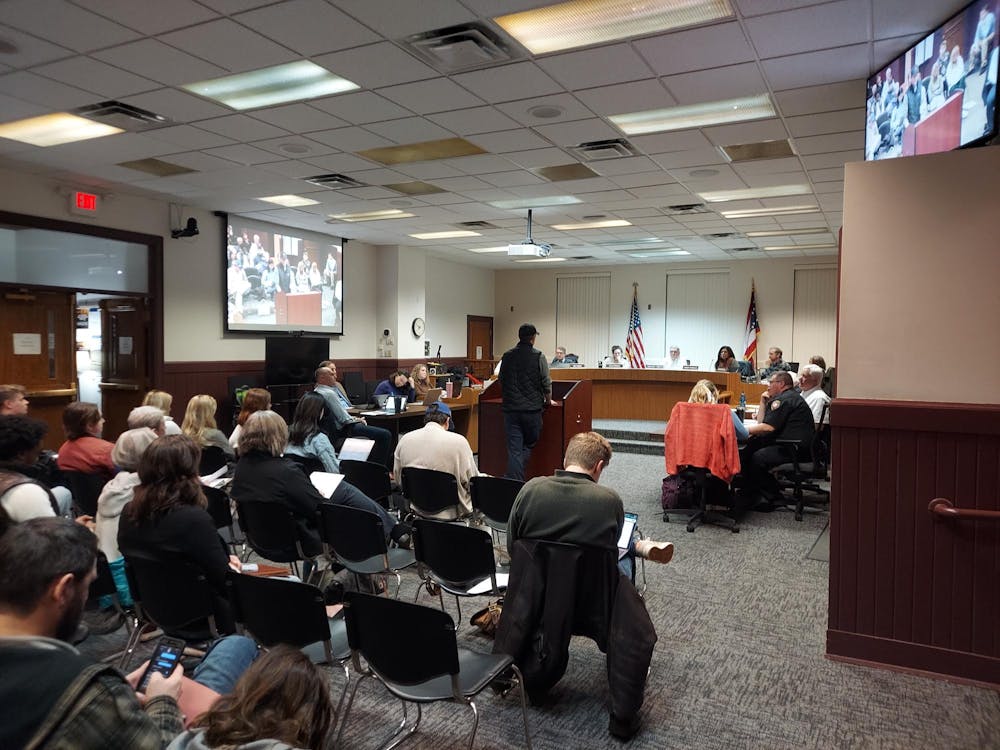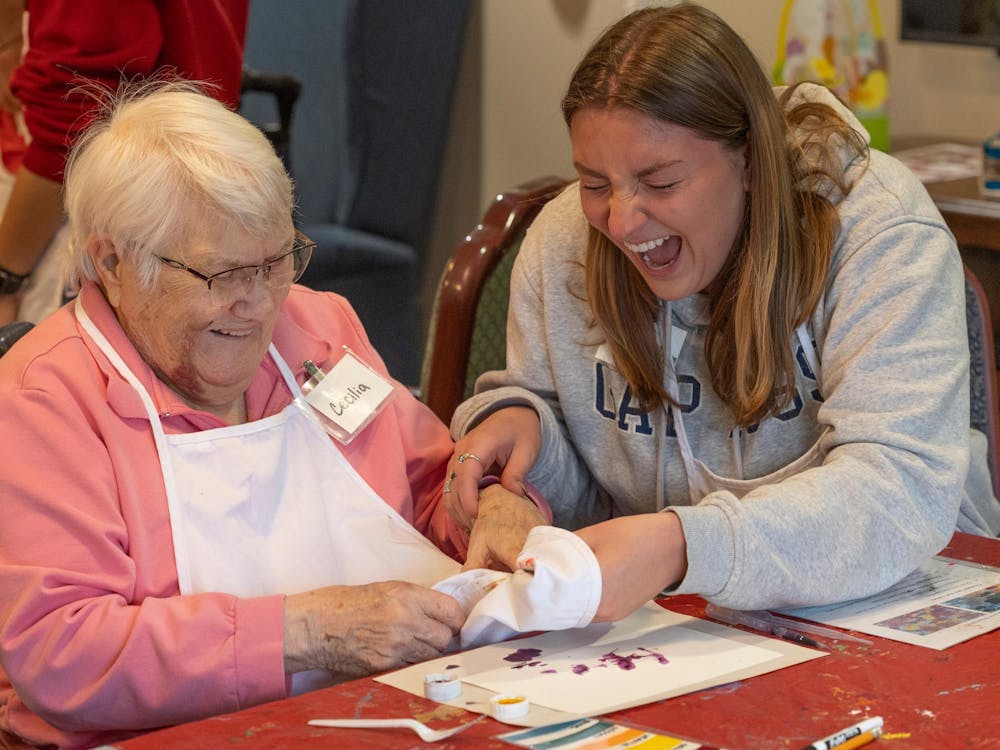The National Underground Railroad Freedom Center in Cincinnati will receive Miami University’s Freedom Summer of ’64 Award for 2022.
The award is named for the Mississippi Summer Project, in which Western College for Women, now part of Miami, hosted training to register Black voters in the South. It honors leaders in civil rights and social justice.
The recipient of the award is selected by President Greg Crawford, his executive cabinet and members of the broader Miami community who identify an individual, group, organization or institution who reflects the Freedom Summer legacy and Miami’s core commitments to diversity, equity and inclusion.
Christopher Miller, the Freedom Center’s senior director of Education and Community Engagement, received a call from Cristina Alcalde, Miami’s vice president for Institutional Diversity and Inclusion, asking him if the Freedom Center would accept this year’s award.
“The university had a discussion about it and thought that the work that we were doing here at the Freedom Center was deserving of this award and asked me if we would be willing to accept it,” Miller said. “Obviously, I said yes,” Miller said.
Freedom Center President Woody Keown Jr. said being chosen for the Freedom Summer of ’64 Award speaks to how the center brings awareness to social justice issues and civil disobedience.
“The Underground Railroad is one of the early, most essential examples of social justice and meaningful activism,” Keown said. “[Receiving the award] is an opportunity to reflect how we have continued to keep that legacy alive through the work that we've done with the museum but also through our collaboration with the university.”
The Freedom Center hosts speakers, discussions and private events. The museum features special traveling and permanent exhibits.
The exhibit “From Freedom to Slavery” teaches about slavery entering the Americas and until its abolishment following the Civil War. Another exhibit titled “Invisible” teaches about slavery and human trafficking that occurs today.
“What we're trying to do is to make the connection between the past and the present,” Miller said.
The location of the Freedom Center, adjacent to the Ohio River, is relevant to its history. Miller said scholars have estimated that 40,000 enslaved people crossed the Ohio River to freedom with many of the people crossing close to the area where the center is currently located.
Miller said the area was once called “Little Africa.” Those who didn’t continue north, he said, often settled in the area.
Enjoy what you're reading?
Signup for our newsletter
“This was the first step on free land, and they were able to come here, decide which way they want to go or plan that trip to continue north up through Cleveland,” Miller said.
He emphasized the educational importance of the Freedom Center’s work.
“The history we teach is American history,” Miller said. “Some people like to put it in a bucket and call it just Black history because it’s only about Black people, but it's an integral part of American history.”
Keown said he believes those who know better do better. The Freedom Center aims to help people know the history so they will be better community members and human beings, Keown said.
Rodney Coates, a professor of critical race and ethnic studies, has been a key partner between the Freedom Center and Miami.
It’s important to Coates for Miami to connect with partners in the community. The Freedom Center has collaborated with Miami on events such as the Freedom 55 mini conference held at Miami in 2019.
“Anything that expands our access to the real world facilitates our students' learning in terms of internships, access into communities and work resources, that they would not have if Miami did not take advantage of these opportunities,” Coates said.
The partnership between Miami and Freedom Center leads Miamians to have important conversations about justice, freedom and equity.
“The [Freedom Center] recognizes the historical link in that very real passage to freedom,” Coates said. “But having the actual center is more than just looking back, it is also looking forward.”



